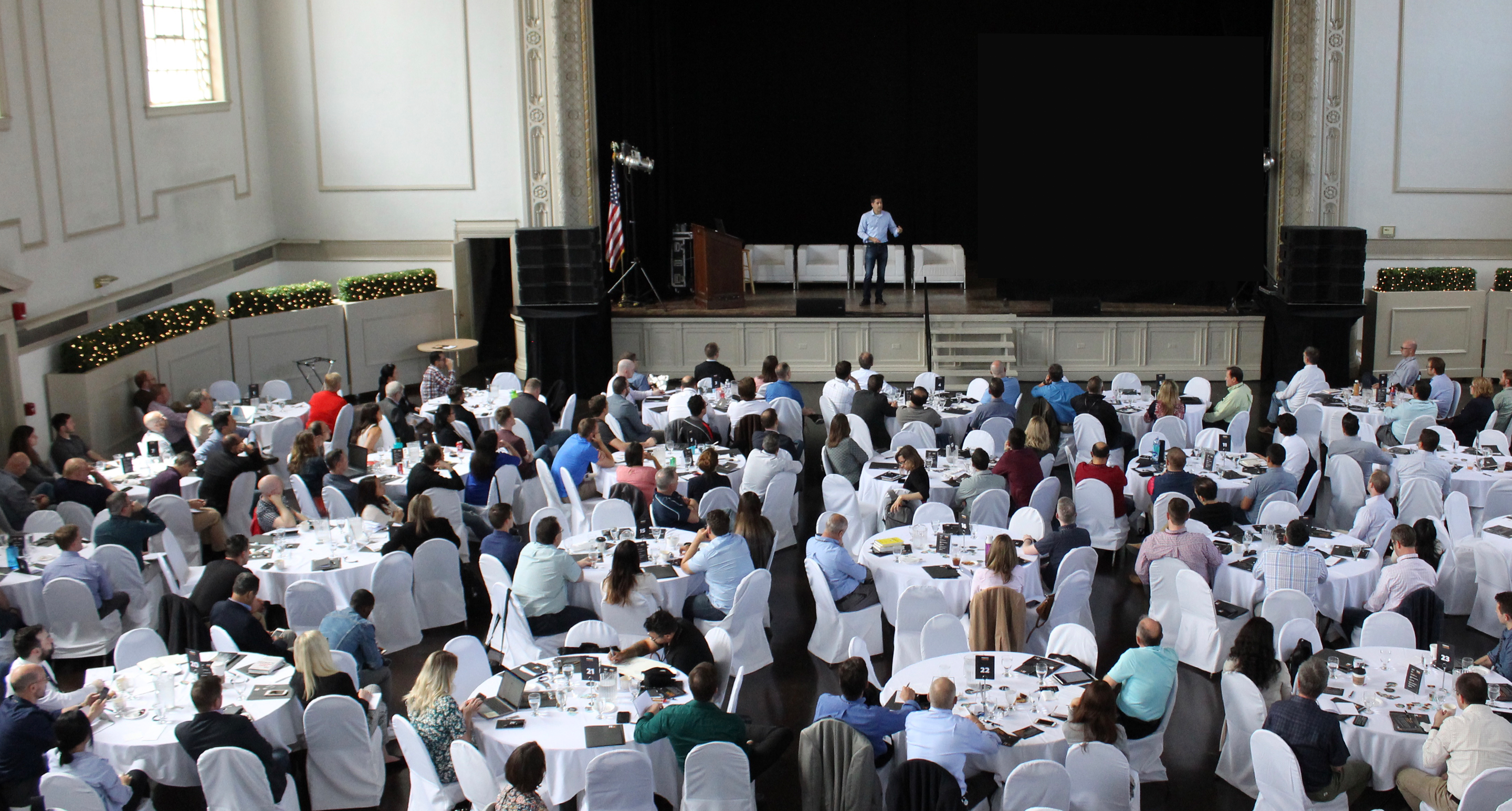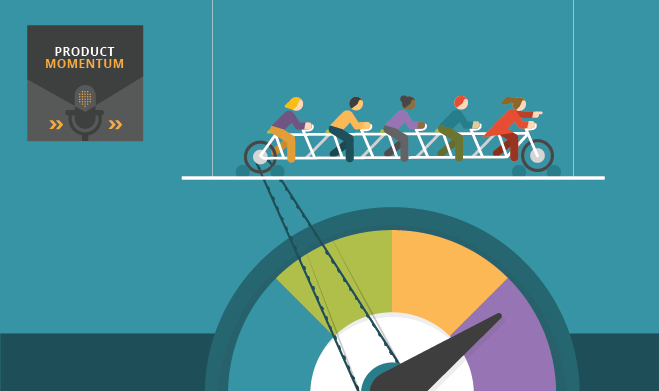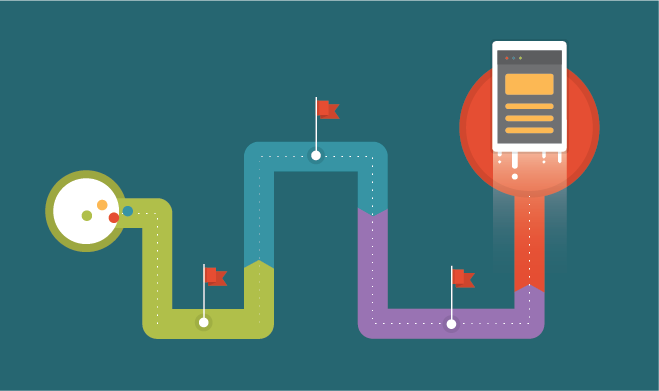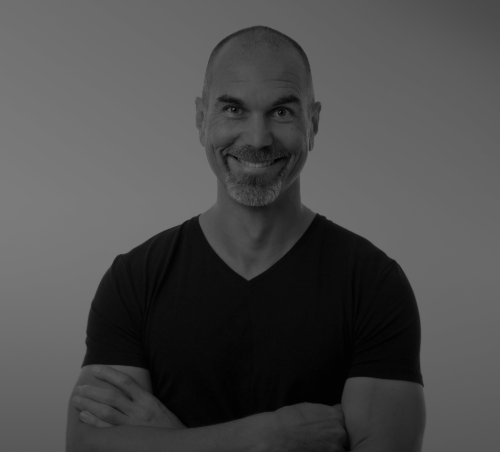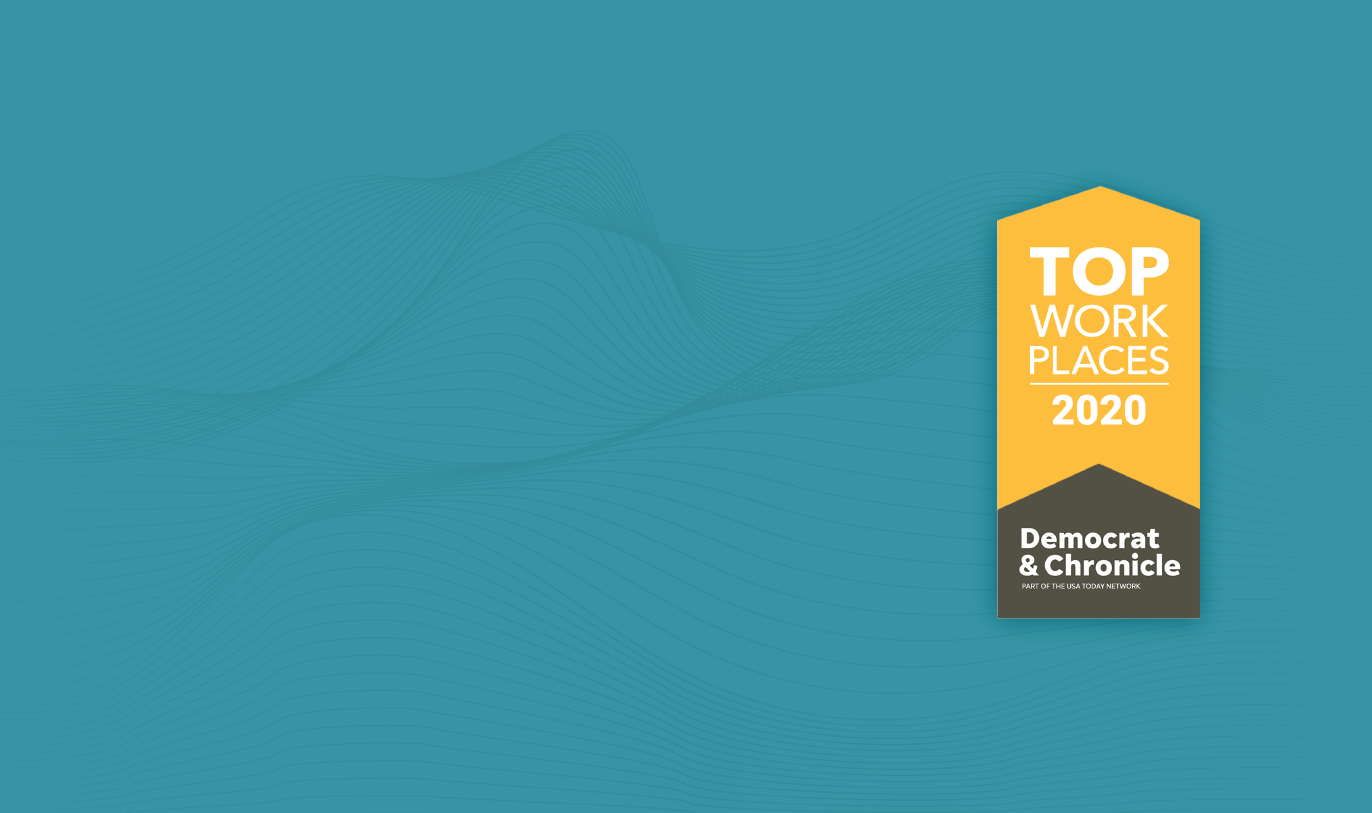ITX Product Momentum Podcast – Episode 23: The Product Leader’s Path to High Performance
As a community, have we gotten better at product leadership? And if we haven’t, what’s it going to take to get there? The answer to both depends on who we ask and by what yardstick we use to measure our performance. For example, is there alignment between the big organizational vision and our individual product vision? Have we mastered the softer skills to bring together such a diverse group of people? And do our teams know how to think through complex problems and adapt when the ground shifts beneath them?
In this episode of the Product Momentum Podcast, Sean and Paul pose these questions to Richard Banfield, VP of Design Transformation at InVision. Richard’s natural curiosity provides some helpful takeaways:
The notion of high performance is not new; powerful examples exist in every industry and sector. Find one that works for you and imitate it.
Effective product people first need to be people people.
Building a practice of high performance requires us to teach our teams how to work together, think together, and decide together.
